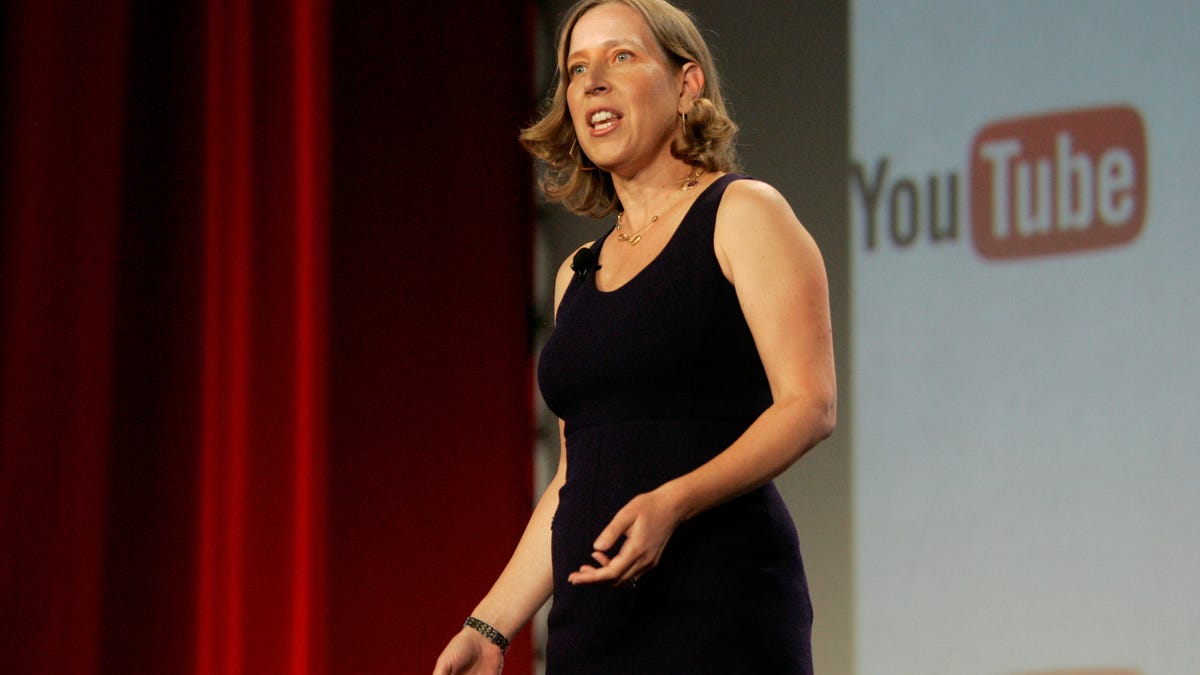YouTube CEO: Disabling comments on minor videos was 'trade-off' for child safety
Susan Wojcicki said she knew the decision would upset some creators.

YouTube CEO Susan Wojcicki earlier this year.
YouTube, facing severe backlash over child exploitation on the site, on Thursday turned off comments on most videos featuring minors.
A day later, CEO Susan Wojcicki elaborated on the decision, saying it was a "trade-off" between upsetting young video creators and upholding the safety of children. She said many young users use comments to solicit feedback from viewers on what's working, what isn't and what videos they might want to do next.
"This change took away some of the abilities of young people who are innocent," Wojcicki said Friday at the Lesbians Who Tech conference here in San Francisco. "In the end, that was the trade-off that we made because we felt that we had to make sure protecting children was our number one priority."
The controversy over child exploitation began last week when a video blogger named Matt Watson detailed how pedophiles could enter a "wormhole" of YouTube videos to see footage of children in sexually suggestive positions. In the comments of those videos, users would post timestamps linking to other videos, and YouTube's algorithms would recommend even more of those kinds of videos.
In response, advertisers, including AT&T and Fortnite maker Epic Games, pulled ad spending from YouTube. After that, Google-owned YouTube banned more than 400 accounts and took down dozens of videos that put children at risk.
Even though YouTube said it's turning off comments for most videos featuring children, the company will keep comments enabled for a small number of creators who are minors. In those cases, the videos will be actively moderated and YouTube will work with the creators directly. Though the company said it's starting with a small group, it eventually wants to open up comments again to more creators.
Wojcicki's comments come at a difficult time for the world's largest video site. Aside from the child exploitation controversy, in the last few weeks the site has been rocked by scandals involving anti-vaccination and suicide. Earlier this week, a pediatrician from Florida reportedly pointed out children's videos with suicide tips spliced into them.
On Friday, Wojcicki, who was interviewed at the conference by Recode's Kara Swisher, was also asked about the Google walkout. In November, more than 20,000 Google workers from around the world walked out of their offices to stand up against the search giant's handling of sexual harassment allegations about key executives.
"It was a big deal," Wojcicki said. "As a management team, we wanted to give people the leeway to tell their stories. And we're going to listen to their stories."
One of the organizer's demands at the walkout was to put a rank-and-file employee on Google's board, but the company hasn't done that. On Friday, when asked if she would advocate for that decision, Wojcicki mostly dodged. "I don't know enough," she said, but added, "I think it matters who the employee is."

